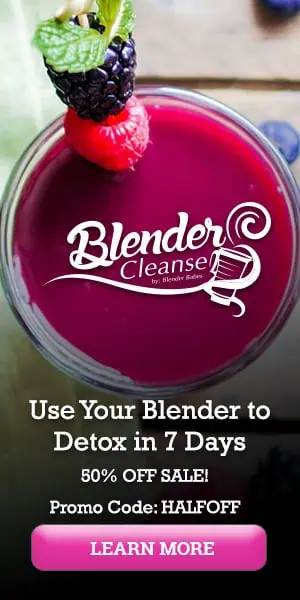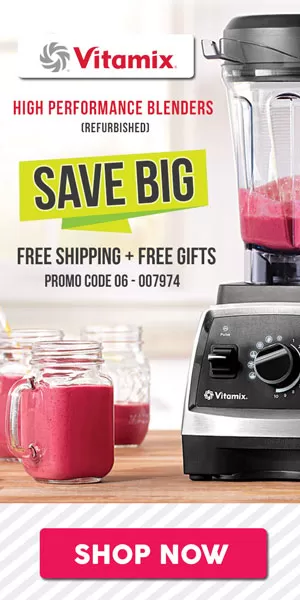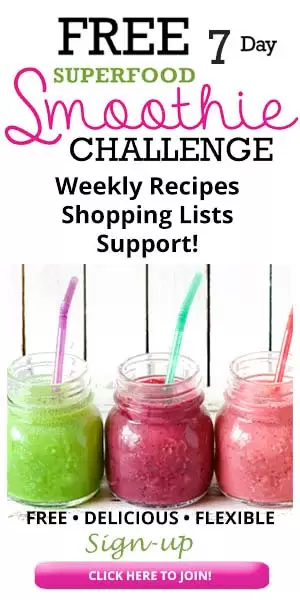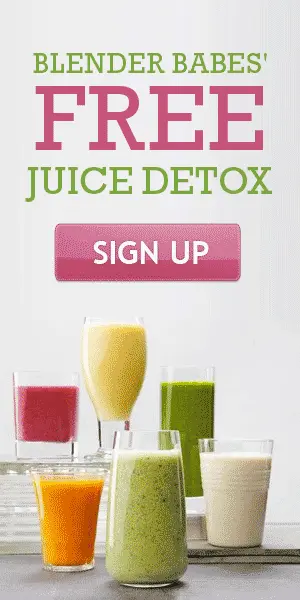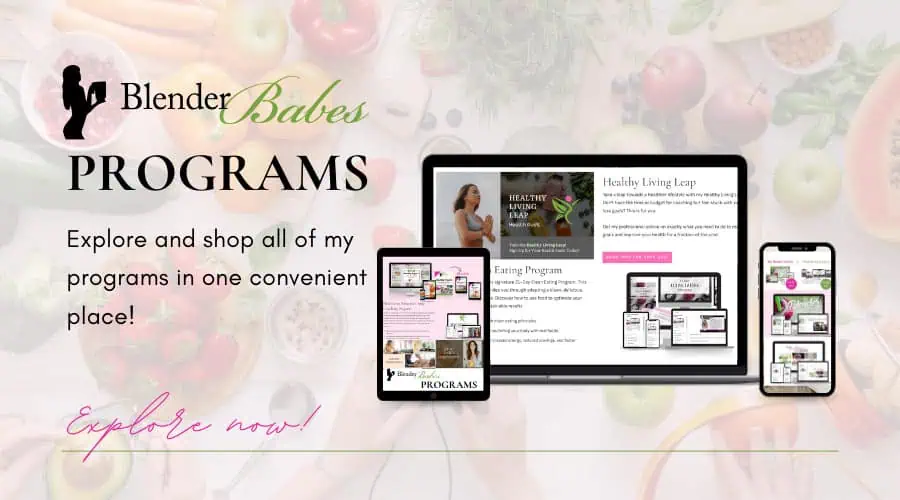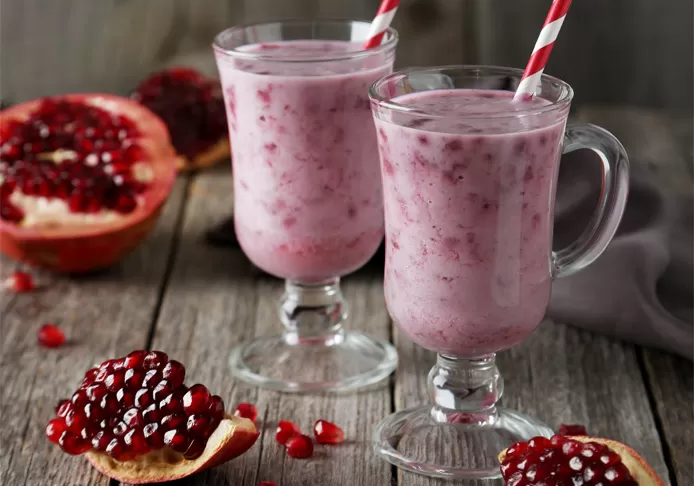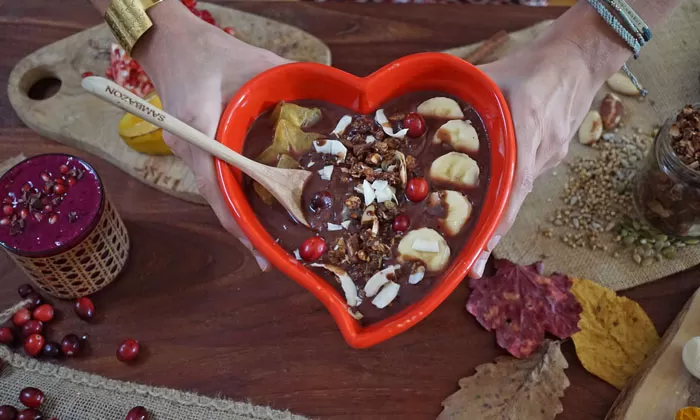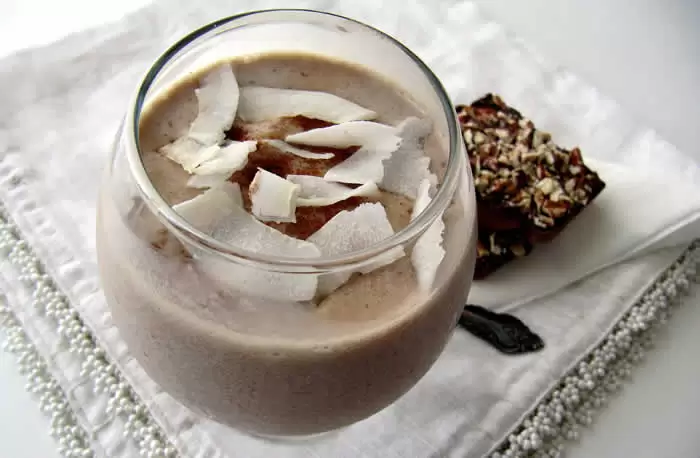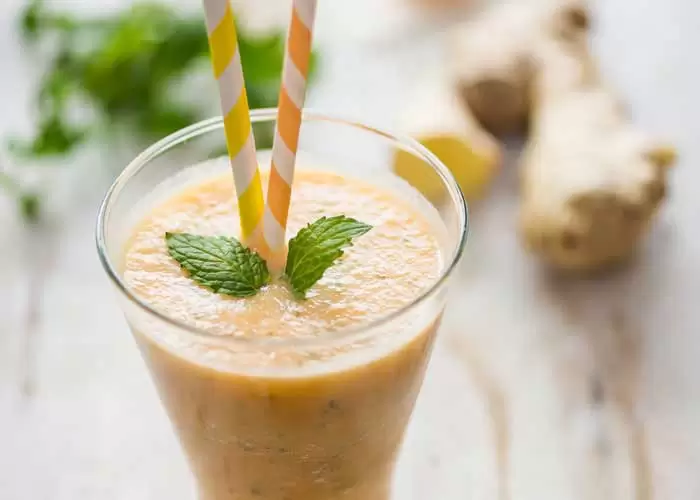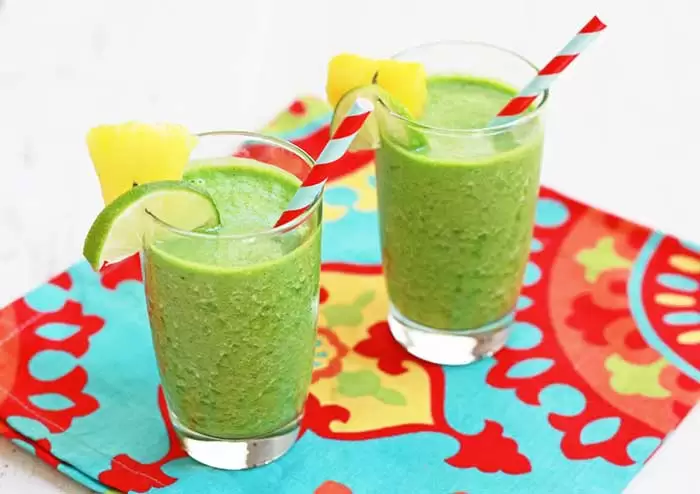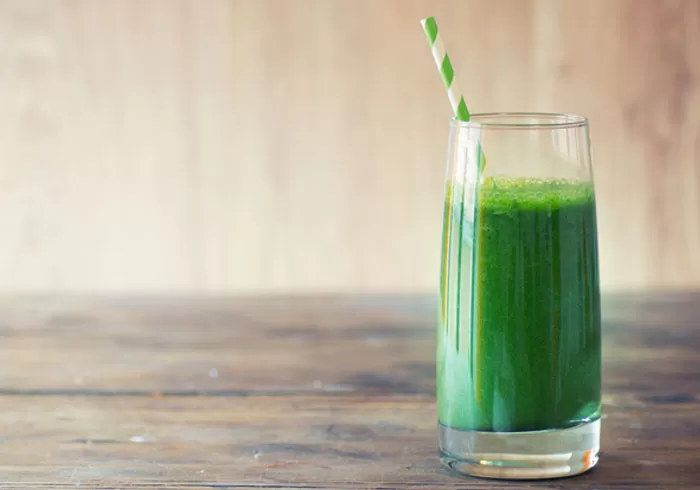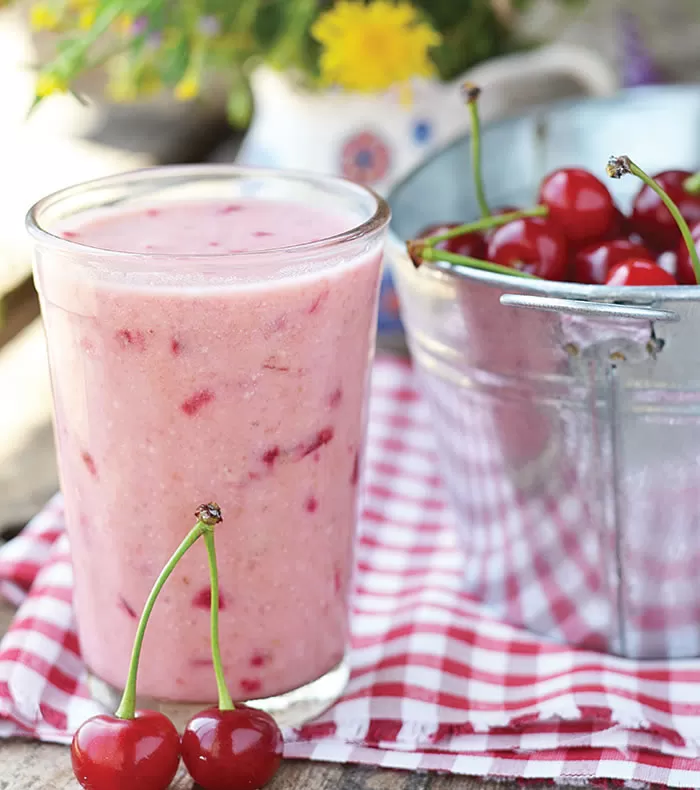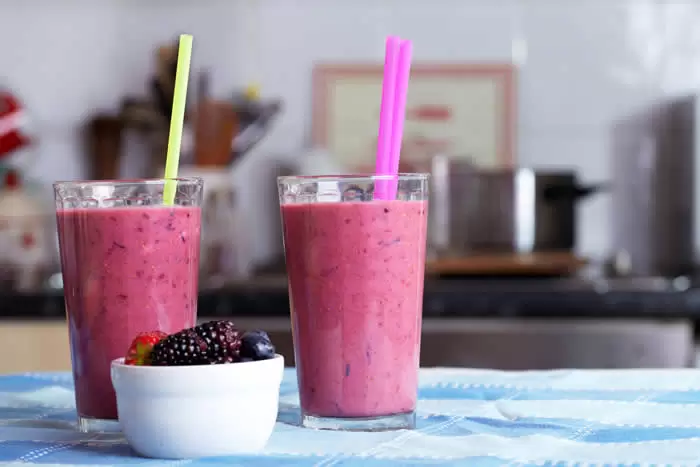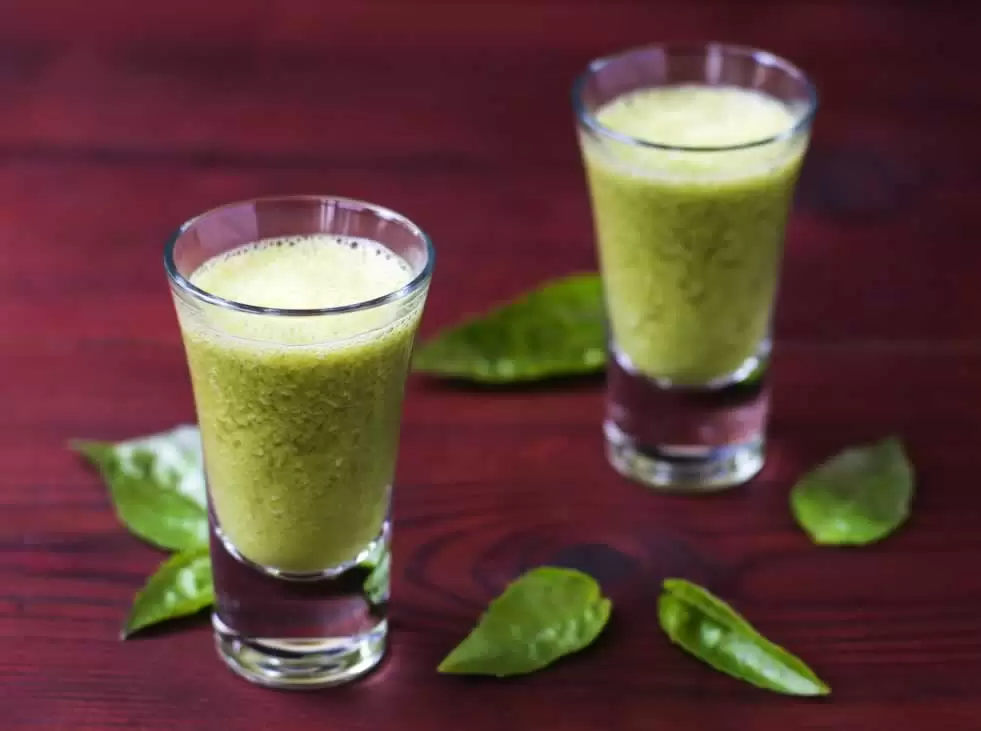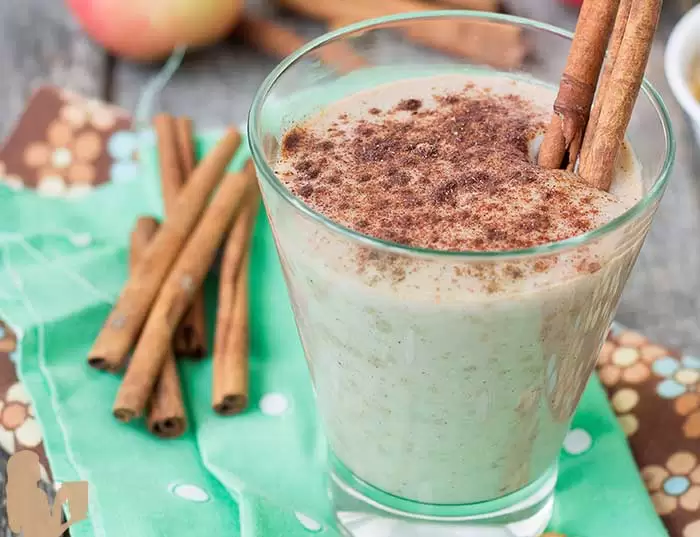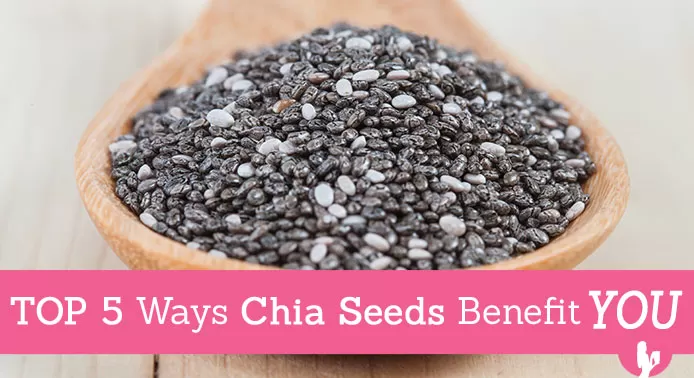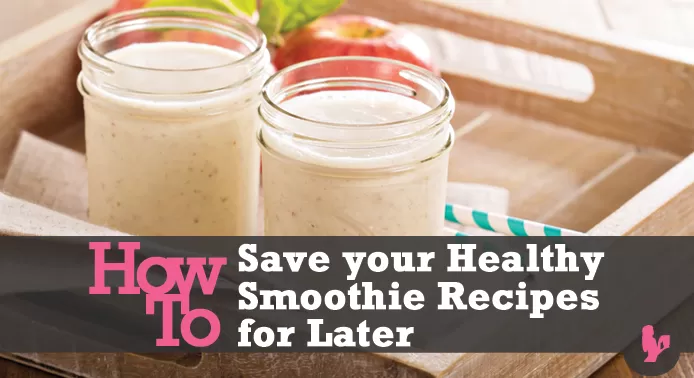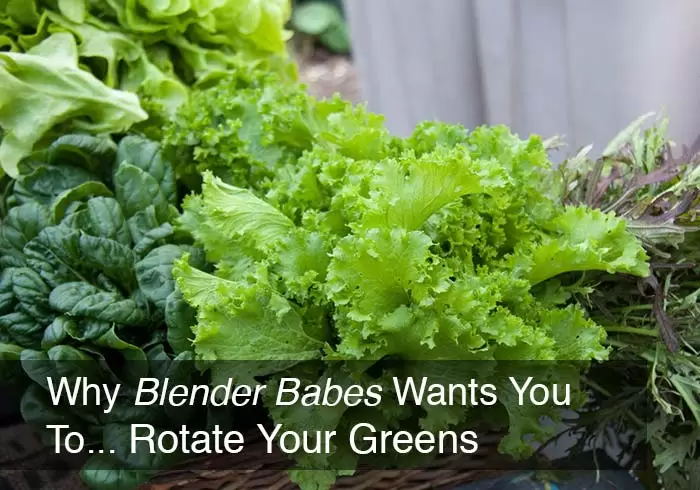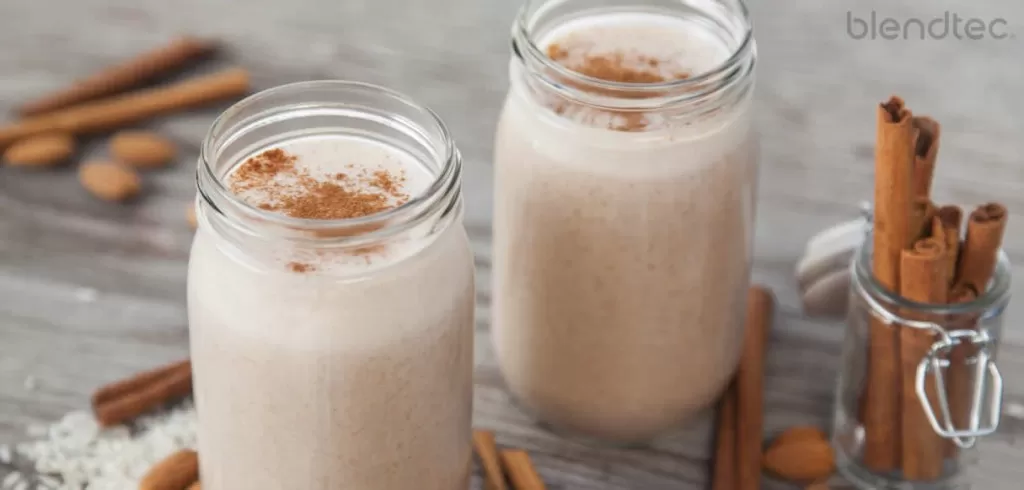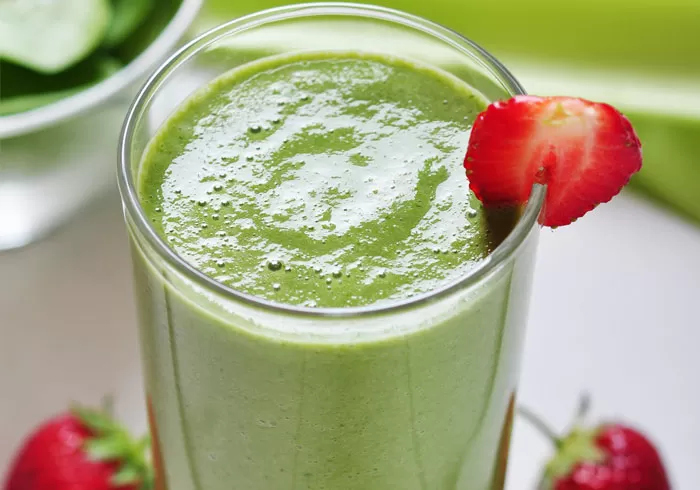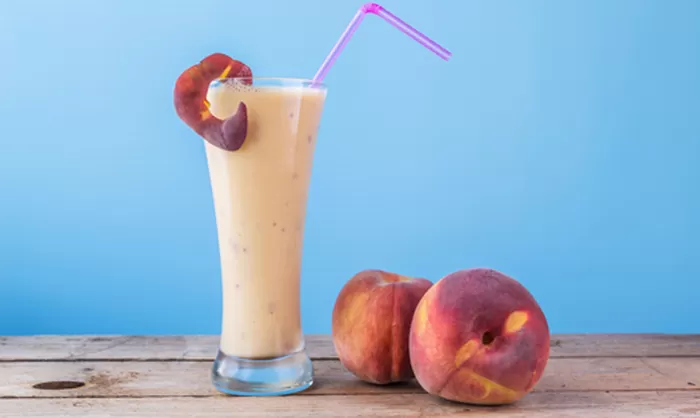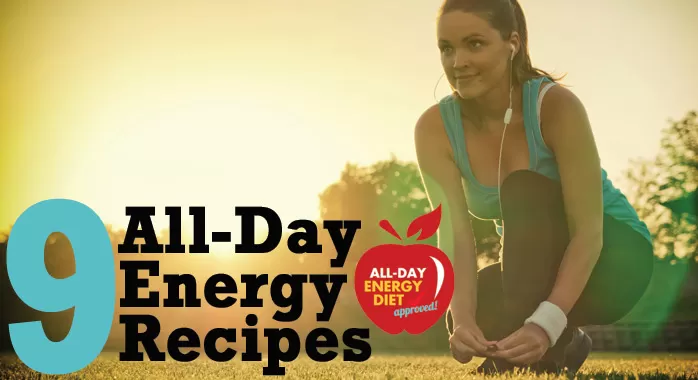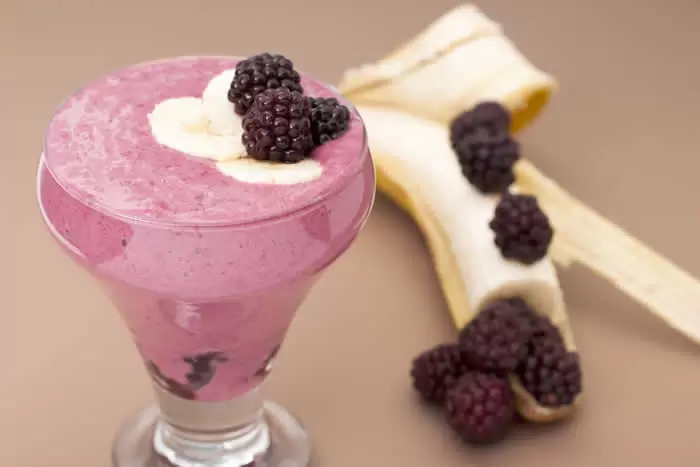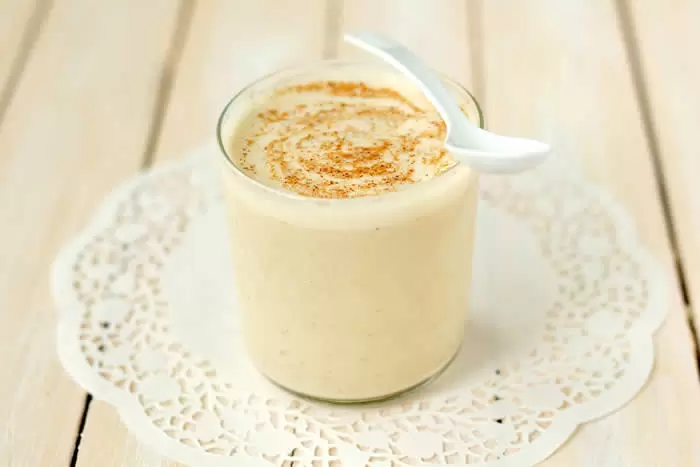How This Gut Healthy Smoothie Helps Reduce Stress and Inflammation
Stress affects us in a lot of ways – from aches, pains, and muscle tension to high blood pressure and trouble sleeping. For me, stress often manifests itself as lower back pain and anxiety.
Another way I am affected by stress (and I know many of you are, too) is by the inflammation it can cause in the gut. It can lead to a host of digestive issues like the IBS I suffered with for years.
It can also directly affect our eating habits.
A lot of it has to do with the bacteria that naturally live and thrive in our digestive tract. This gut flora, or gut microbiota, is made up of many different types of bacteria – some good, some bad..
The gut flora has been shown to impact not only digestion but also help regulate the immune system and brain functioning.
Today, I’m sharing an awesome way to help beat the tummy-tumbling effects of stress with my gut healthy smoothie. It’s packed with probiotics and other foods that are great for your tummy!
What are probiotics?
Probiotics are live microorganisms (bacteria and/or yeast) that are good for your digestive system and also positively impact other systems in the body. They can be found as supplements and in foods.
Health benefits of probiotics
Sure, you can’t see them but the microorganisms in probiotics contribute big time to your overall health. Here are some of the things they do.
The gut-brain axis
The interconnectivity of the gastrointestinal (GI) tract and the central nervous system (CNS) is called the gut-brain axis.
Scientists often use the term when discussing how gut flora affect the abundance of signaling that takes place between the GI tract and the brain.
All of this interconnectivity and signaling is why the gut gets nicknamed the “second brain.” Your brain and “second brain” work in tandem to keep all your body systems working as they should.
There has been quite a bit of research into the link between mental health and the state of the gut microbiome.
A 2019 study highlighted the cravings we experience during times of stress as “influencing which gut bacteria thrive.”
The effect is a direct result of stress hormones and stress-induced inflammation altering the composition of good and bad bacteria in the gut.
It’s a two-way street, actually, since gut bacteria also produce chemicals that affect our mood and our eating habits.
It’s why an imbalance in gut flora, with an abundance of bad bacteria, can lead to emotional eating and cause us to crave unhealthy foods.
According to the study I mentioned earlier, that imbalance can also affect:
How to Make a Healthy Gut Smoothie
The gut healthy smoothie I make when I want to combat stress and stress-related digestive issues contains several sources of probiotics, vitamins, minerals, fiber, and healthful phytochemicals (plant chemicals).
It also has prebiotics to help feed those probiotics! Here’s my ingredients list.
Kombucha
This sparkling sweet-and-sour drink was first made in China over 2,000 years ago. It contains sugared tea that’s allowed to ferment with a culture of bacteria and yeast.
Along with its generous dose of probiotics, Kombucha also provides very good amounts of B vitamins and some vitamin C.
Homemade kombucha is becoming increasingly popular but there are plenty of store-bought options available, too.
Green tea kombucha is said to carry the added benefits of helping to burn fats and protecting cells from damage with the antioxidant properties of its polyphenols.
Kefir
Kefir is typically made with cow’s, goat’s, or sheep’s milk.
While I initially aimed to make this a plant-only smoothie (and perhaps next time I make it I will), I am pumping up the probiotic content of this gut-healthy smoothie with some kefir.
Kefir has three times more probiotics than yogurt, making it pretty hard to resist if you are looking to right the imbalance of your gut bacteria.
Along with its probiotic goodness, nutrient-dense kefir provides calcium and vitamin K2 to help improve bone health and it has anti-oxidant properties.
And, since kefir is naturally low in lactose, it is generally safe for persons who are lactose intolerant.
You also don’t have to avoid kefir if you are on a strictly plant-based diet – plant milk and fruit juice options are available, so you can still enjoy the benefits of a smoothie with kefir.
Plant-based yogurt
Yogurt is probably the best-known probiotic food there is and while it’s traditionally made from animal milk, non-dairy yogurt is readily available.
It’s good to know that plant-based yogurts contain probiotics just like their animal milk counterparts.
Popular varieties of plant yogurt include cashew, soy, coconut, almond, and pea.
Many of these plant yogurts are either naturally rich in vitamins and minerals or have these added to them.
But, be wary of the fact that some are loaded with sugar. Keep an eye on the products’ nutrient profile and look for plant yogurts that have little to no sugar.
Plant-based protein powder
My all-time favorite plant-based protein powder is Green Dream with Superfoods by Philosophie. (Note: Get 20% off with promo code "BlenderBabes")
This vegan, raw and organic protein powder includes good-for-you superfood ingredients that are also good for your gut flora, in addition to 10 grams of protein per tablespoon.
It contains spirulina, maca, hemp powder, chia seeds, and vanilla – all organic.
Spirulina, for example, works as a prebiotic, helping your good gut bacteria to flourish. It's also detoxing for your liver.
Maca, an adaptogen, works with your hormones and helps to regulate stress.
Milk substitute
A seed or nut milk substitute, such as almond milk, coconut, oat, hemp and more will help to add a creamy texture to your healthy gut smoothie.
Plant milks are lactose-free but will contain a range of nutrients based on the bean, nut, legume, or grain they are made from.
Many plant-based milk substitutes are fortified with vitamins and minerals to help you hit your nutrient goal.
You can always make your own quickly and easily with a good power blender!
Otherwise, be sure to check the nutrition facts to see exactly which nutrients you are getting and in what quantity. As always, look out for added sugar.
Flaxseeds and chia seeds
Together, these two superfoods pack tons of vitamins and dietary minerals.
Among these are thiamine (vitamin B1), magnesium, omega-3 and omega-6 fatty acids, phosphorus, calcium, iron, manganese, and zinc.
They are also both good sources of dietary fiber, including soluble and insoluble fiber, which get fermented by the bacteria in your intestines to support gut health and improve bowel regularity.
Leafy greens
Turn your gut-healthy smoothie into a gut-healthy GREEN smoothie by throwing in a handful (or two) of spinach or kale leaves.
Leafy greens have fiber and the good bacteria in your gut love to feed on fiber!
Spinach is also a good source of vitamin K1 for bone health and vitamin C to help boost your immune system.
Research shows that leafy greens also contain a specific type of sugar that helps fuel growth of healthy gut bacteria.
Low sugar fruit
Examples: Organic strawberries, pineapple core, apples, and bananas
I add a variety of fruits to my gut healthy smoothie and since I really hate wasting food, I tend to make use of leftover fruits in my smoothies.
For example, my daughter only eats the tips of her strawberries and simply will not eat the tops. No worries, I add them to my smoothie!
I add the leaves and stems, too, because they have healthy chlorophyll in them. I only do this with organic strawberries since that's where the pesticides like to grab on to and strawberries are part of the dirty dozen.
Also, I don’t throw out the stem, or core, of a pineapple – and you shouldn’t either!
A pineapple's core has a majority of bromelain in it – a natural anti-inflammatory substance.
Adding apple lets me include even more fiber. Plus, apples are low-sugar fruits with a variety of antioxidants and vitamin C.
Count potassium, antioxidant flavonoids, and vitamins B6 and C among the nutrients you get from bananas. They are good for your heart and can also help with lowering elevated blood pressure.
Final Thoughts
We all know smoothies are great for packing a wide variety of nutrients into an easy-to-make, easy-to-consume, yummy drink.
They can also help keep your gut healthy and working as it should – an effect you can boost with ingredients that are intentional to help improve gut health.
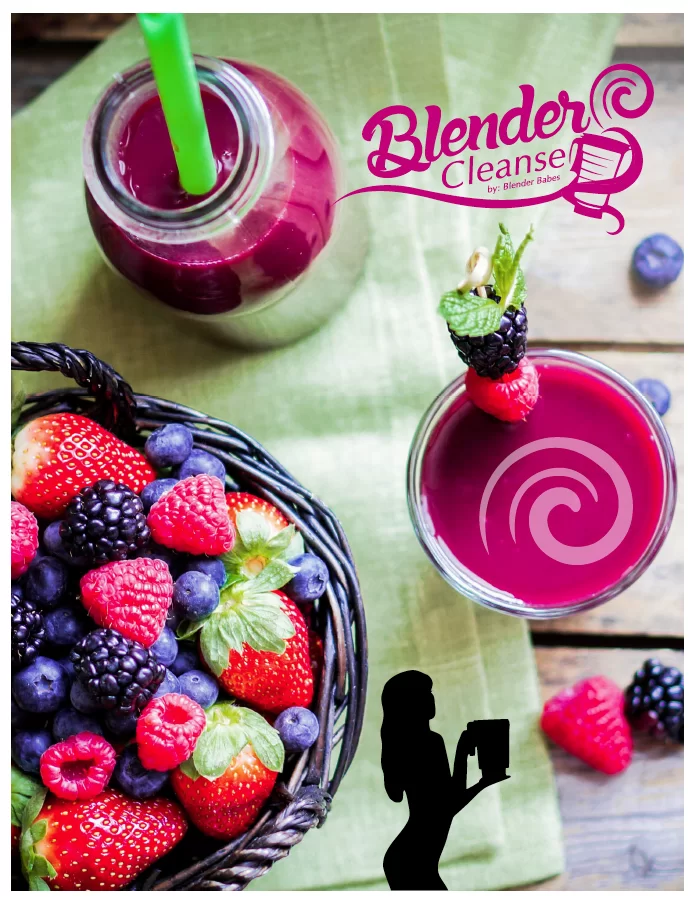
Lose bloat, inches and feel absolutely incredible in just 1 week with The Blender Cleanse!
When my clients come to me they are exhausted, bloated, feel stuck and are committed and ready to improve their health. The very first thing we work on is removing toxins from their bodies and cleaning up their gut first with The Blender Cleanse.
What other smoothie ingredients do you use for improved gut health? Please share with us in the comments!
References:
https://www.ncbi.nlm.nih.gov/pmc/articles/P
https://www.ncbi.nlm.nih.gov/books/NBK559033/

